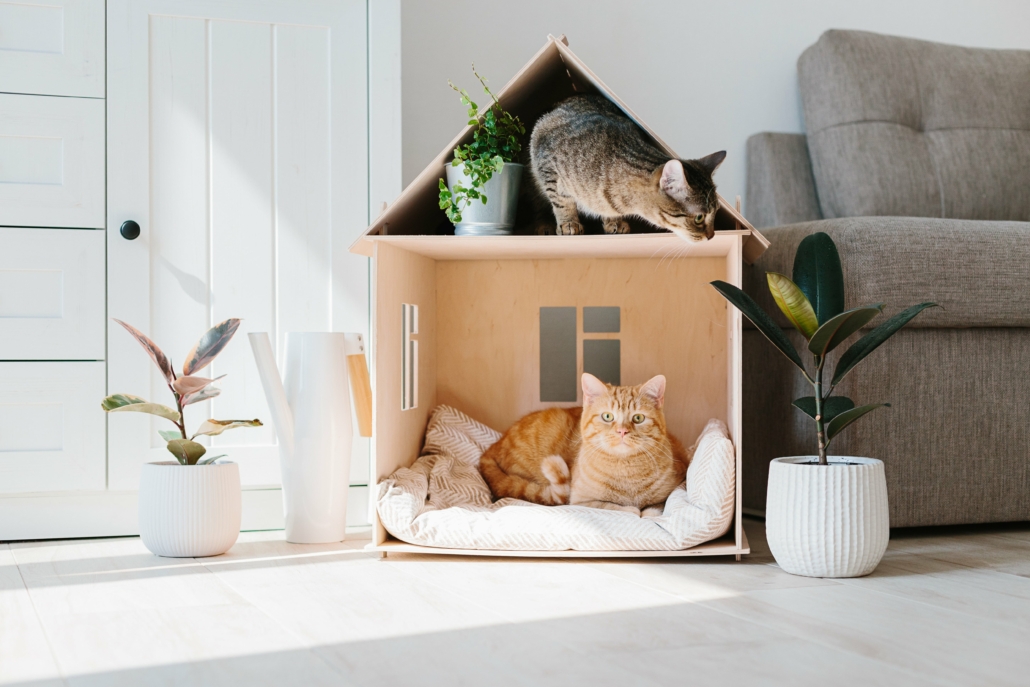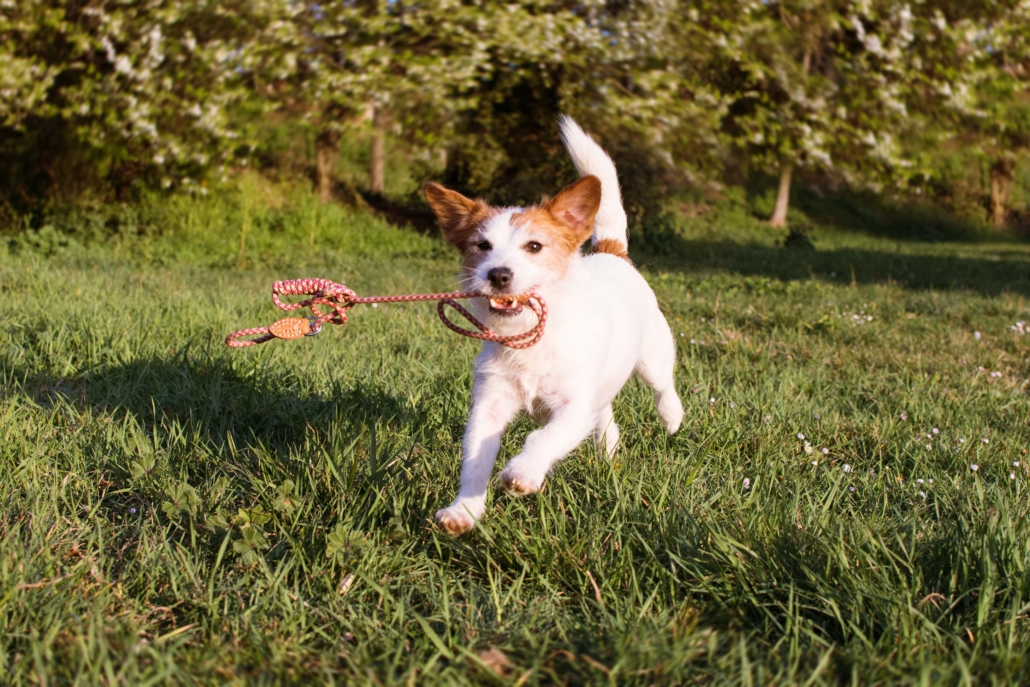Bunnies, guinea pigs and more
Approx. acquisition costs: 70-160€
Approx. monthly costs: 17-57€
Bunnies, guinea pigs and the like will quickly nibble their way into your heart. With their long ears or fluffy fur, bunnies and guinea pigs will get you on their side. While bunnies enjoy living outside (stable + open enclosure), guinea pigs are very content with a cage in your warm apartment. However, the social rodents cannot be kept alone (at least two) because even your presence cannot replace that of a partner. Bunnies get between 6 and 14 years, guinea pigs only live 4 to 8 years. Apart from the food from the pet store, your rodents are also happy about your organic waste like carrots, cucumbers, salad…
Advantages:
- Less time-consuming
- Cage or stable keeping (not a lot of dirt or wear in the apartment…)
- No noise
Disadvantages:
- Cannot be kept alone (at least 2 animals)
- Cleaning the stable
- Feed multiple times a day








